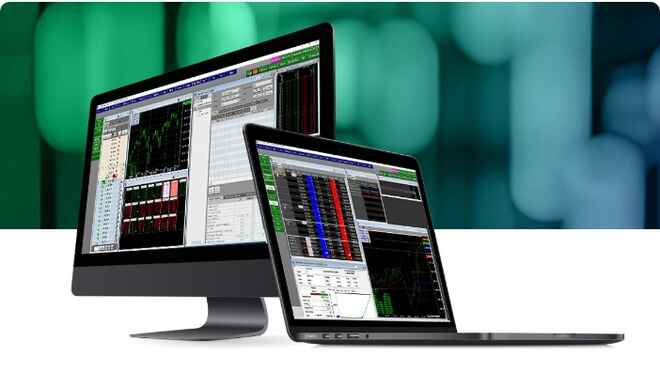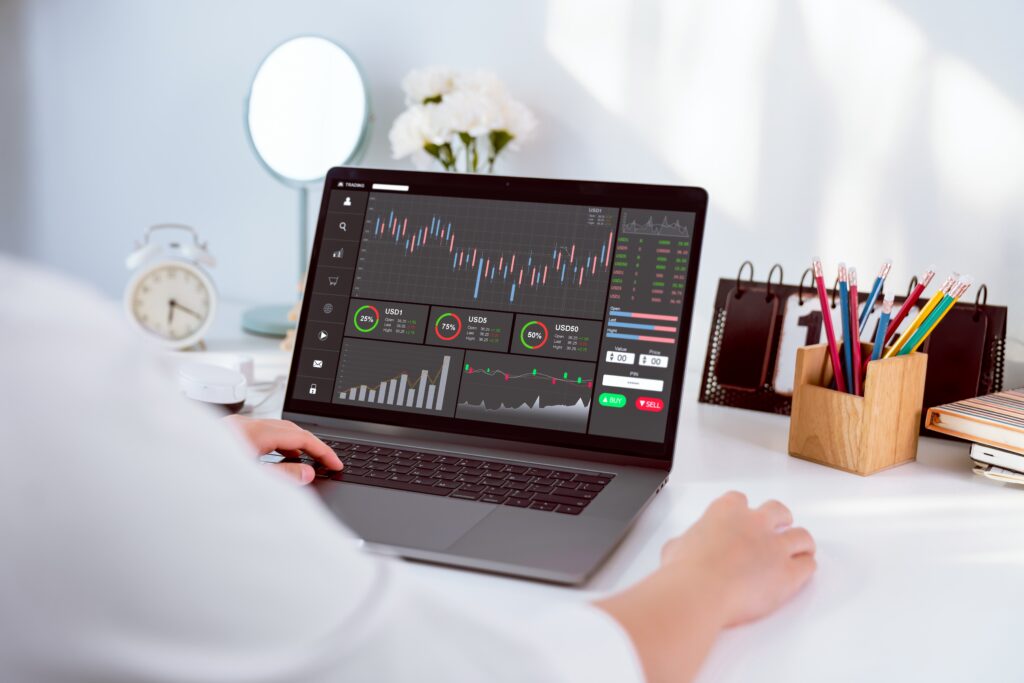Stocks and futures, two things that are often confused. In this piece, we will aim to provide the knowledge on how to differentiate the two and what makes each one unique. If your investment portfolio includes stocks, or you have traded stocks, you may want to consider adding futures trading to your investment assets.
What is a Futures Contract?
Now looking at stocks futures, you may ask yourself what is a futures contract? Well simply put, a futures contract is an agreement to buy or sell a certain commodity at a specific price on a certain day on a future date. Commonly traded futures contracts are commodities such as corn, oil, coffee, cotton and gold.
One of the main functions of futures is to give investors exposure to commodities they normally wouldn’t have access to. Futures all have specific prices, times, and contract specifications. Now, whether it’s size, like 100oz for gold, or 5,000 bushels for corn, it’s set for the buyers to agree or take delivery at that future date. Regardless of the type of contract, all commodities trade under specific contract months and are also agreed to make delivery at specific contract months in the future. One important thing to remember is you do not need to take or make delivery today, in fact, most contracts rarely see the actual goods delivered.
Why Trade Futures?
The reason why most people trade futures is the leverage, or the ability to control a large quantity of a commodity for a smaller amount of money. Here’s a quick example, say corn is trading at $4.00/bushel and one standardized corn futures contract equals five thousand bushels. You take the $4.00/bushel and multiply that by 5,000 bushels (the size of the contract), that’s going to give you $20,000, which is the total contract value for one standard contract order of corn. Now, the margin requirement, which is a small amount of money that you need to put up to control the contract is the leverage that it’s going to give you. So, you’re buying corn, you need to put up a margin requirement of $1,100, which is about a 7% deposit. When you buy corn at $4.00/bushel and say it rallies at 6% to $4.24/bushel you’re going to see that 6% profit. So, we take that $.24 profit and multiply it by 5,000 (the amount of corn we bought) and that will give us a total profit of $1,200. Of course, this is a best-case scenario, always remember that with futures trading there is inherent risk. If that 6% rally was on the downside you would have a loss of $1,200. Profit and loss examples are not inclusive of commission fees.
Margin Requirements
Now, let’s dive a little deeper on margin. Margin is one of the biggest differences between a futures contract and stock. Like we touched on above, a margin is a deposit of 6-18% percent and is standard for the value of the underlying futures contract. And the margin is what creates the leverage, which is the ability to control a full futures contract for a smaller amount of money. Now, if you wanted to purchase a stock on margin there is usually a 50% deposit of the security value required, which is oftentimes considered a loan with interest. So, the leverage you create with a futures contract will far outweigh the amount you can create when purchasing a stock.
Position and Risk in Futures
Another item that people take into consideration when trading futures vs. stocks is with very simple positioning, it’s an easy way to buy in short. For example, if you execute an order to sell, you establish a short position, and when you execute an order to buy, you established a long position. Now when you sell short on stocks, it requires you to borrow the stock that’s available and you can only sell when the price of the stock is rising, otherwise known as an uptick rule.
When it comes to risk, there are differences between futures and stocks too. Due to the smaller margin you are paying upfront on a futures contract, there is the risk to lose more than that initial investment. When it comes to stocks, you only risk losing the total amount of the price you bought the stock at, so the risk is a little less.
Conclusion
Futures trading is a great way to own commodities that you otherwise wouldn’t be able to own, but there is risk. Futures trading isn’t for everybody, so if you have any questions or concerns please feel free to reach out to one of our experienced RJO Futures brokers and they will be happy to provide some guidance.


